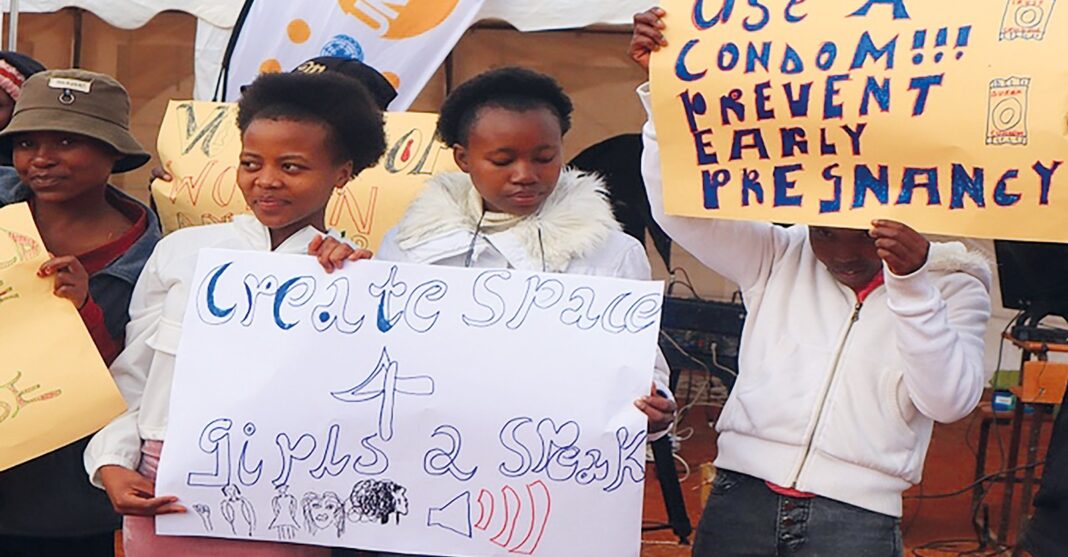On Wednesday this week – October 4 2023 – Lesotho celebrated Independence Day to commemorate attaining self-determination in 1966 after about a century of British rule.
In simple terms, independence means the state or quality of being independent; freedom from the control, influence, support, aid, or the like, of others.
Basically, Lesotho attained political independence, which is the freedom of a country, state, or other similar entity from an external government.
The notions of territorial integrity and political independence constitute two basic facets of State sovereignty which are traditionally interwoven with the fundamental principle of the prohibition of the threat or use of force and are largely recognised as independent principles of international law.
However, the big question is: today, 57 years later, can Lesotho and Basotho proudly proclaim that we enjoy economic independence?
One of the most obvious benefits of economic independence is that, as a system, it is the most conducive to widespread prosperity, that is, to high or rising income and consumption for the bulk of the population.
Basotho have been practising agriculture for centuries, yet the country is not self-reliant and continues to depend on imported food.
The country’s textile industry, the second largest employer after government, is bleeding jobs like never before; hundreds lose jobs every week as factories close down.
The small retail sector remains firmly in the hands of foreigners (from Asia and Middle East) despite laws that clearly reserve certain businesses for indigenous people.
Lesotho’s minerals, diamonds particularly, are controlled by multinational companies with no clear gate-keeping measures in place.
The country’s health system is strained and people are afflicted by both communicable and non-communicable diseases, forcing the health ministry to take patients abroad for treatment.
Poverty is rampant; the rich are getting richer and the poor are getting poorer.
Happy Independence Day!









